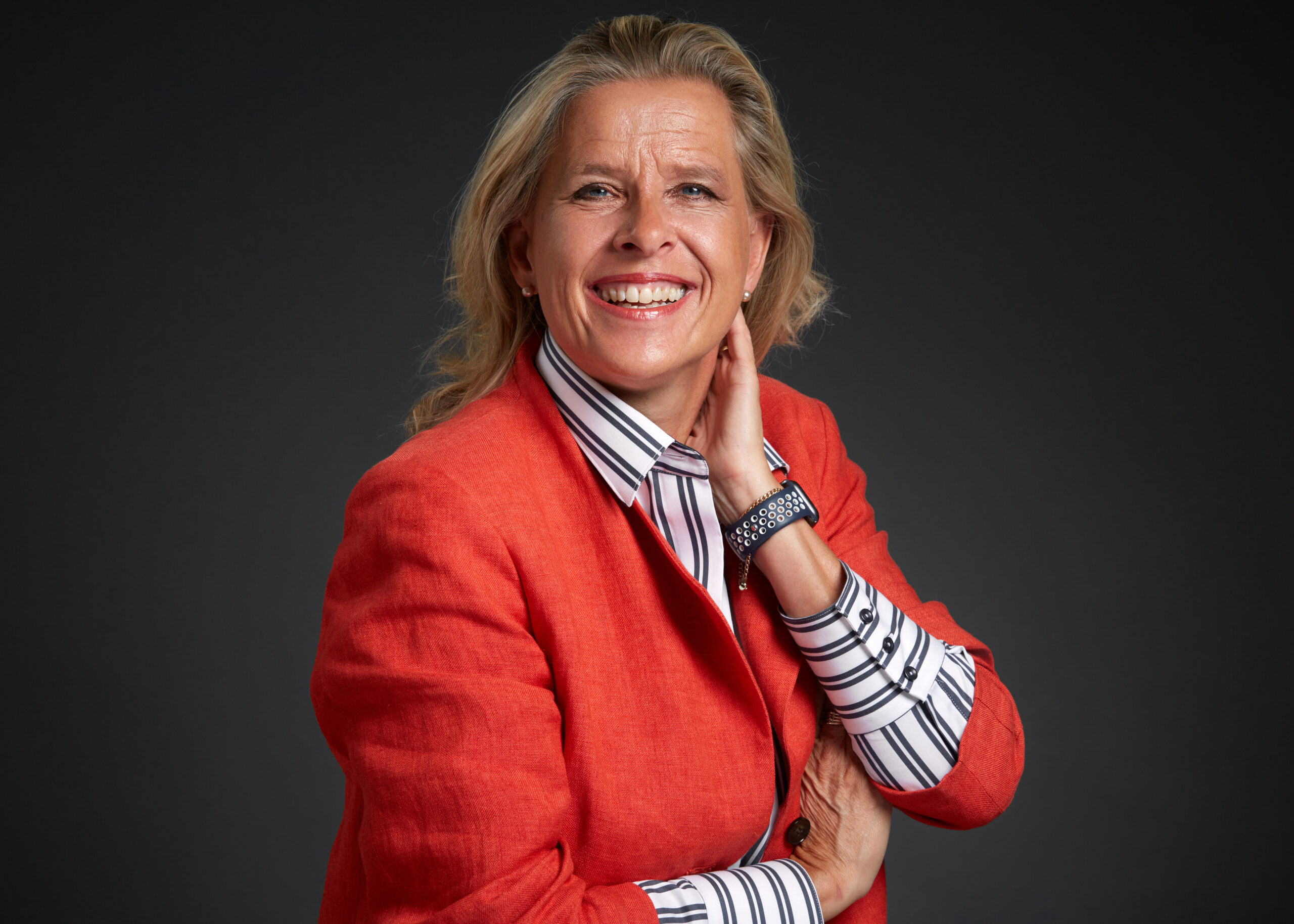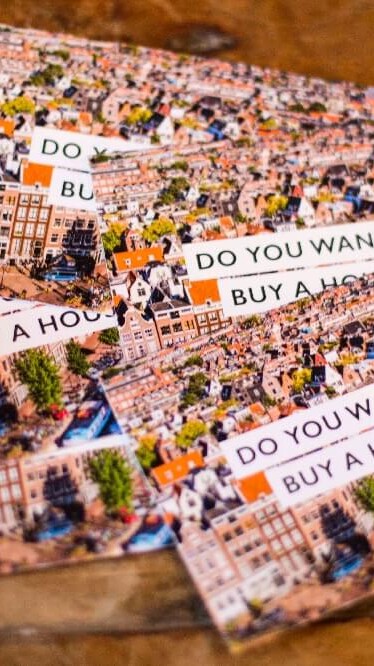Who is Anne-Marie Snel?
Anne-Marie Snel is a top-class Notary. Having recently been appointed by the Dutch courts, Anne-Marie is now able to sign her own deeds – a huge milestone in a Notary’s career. Her core business is everything to do with property, whether that’s ownership, transfer, or closure of houses. While Attorneys are employed to solve problems, in the Netherlands a Notary prevents problems in relation to real estate as an impartial party. Although Anne-Marie finished her studies in 1994 in a different area, she ended up working in a Notary’s office where her journey first began. A How To Buy A House (HTBAH) veteran, Anne-Marie with Monique at the first HTBAH event in the Hague during which time Anne-Marie was employed with a bigger firm.
They kept in contact over the years, and Monique has had the pleasure of working with Anne-Marie on several projects since then, often collaborating with and helping expats to find their dream homes.
What exactly is a Notary?
A Notary is basically a legal coordinator when you choose to purchase a home in the Netherlands. A Notary specializes in 3 areas – real estate, family law and corporate law. A Notary is more common in European countries, it’s a Latin system. The moment the Notary signs the deed, you don’t have to worry, they will arrange everything with the transaction. In English-speaking countries, the solicitor handles all arrangements, but not transactions. Also, a Notary does not go to court.
From a Notary’s perspective, what is the customer journey like when buying a house in the Netherlands as an expat?
Once you have partnered with a good real estate agent and have found a property you like, you then need to acquire a Notary to seal the deal from a legal perspective. Because your Notary is an impartial party to the sale, you can have them look at the contract without any cause for concern regarding their intentions. In Amsterdam, the Notary will draw up the contract. Outside of Amsterdam, the seller will sort this out. In the Netherlands, you have to declare that the money you’re using to pay for the house has been earned authentically, whether that income is from your salary, business, or other assets. The Dutch government needs to make sure you’re not laundering money because the easiest way to do this is through property.
Are there any particular details of the process that I should be aware of?
If you don’t speak Dutch, an official translator will need to be present to sign the deeds, for which you must factor into the cost of the entire purchase. In addition, you have to consider which laws apply to your possessions as a resident of the Netherlands, eg which tax laws apply to you, what happens with your will, etc. You need to decide on who you would like to inherit your possessions after your death; this, of course, includes your home. Depending on what country you’re from, international laws are usually taken into account.
Give us an example of a time you successfully helped a client? What happened? What did you learn from it?
Every case is different, but a hallmark of a happy client is when the transaction is handled safely and successfully without any stress.
What are some do’s and don’t’s for expat clients that you would / wouldn’t recommend in relation to your industry?
Do ask questions; don’t try to do it all by yourself. Don’t be afraid that they will think you’re asking stupid questions – it’s our job to help you through the process and it can be very overwhelming.
If the Notary doesn’t know it, there will be someone they know that will know the answer. The majority of the time, when there’s a fault made it was because someone was afraid to ask a question. Remember, once the deed has been signed and the cooling-off period of three days has surpassed – there’s no going back!
What are the benefits of working with you as opposed to another vendor in your industry?
The advantage with me is that I’ve worked my way up from a small office up to a big international office with lawyers and notaries. My current firm is now my own firm and smaller once again. The advantage of a smaller firm is that there’s less distance between the client and the notary. So I have a lot of experience with different types of clients. I speak English, and have traveled a lot. I know and respect other cultures, in addition to being aware of a lot of the rules in a different laws / countries. I’ve learned from a lot of other professions over the years in this industry. Everywhere you work, you learn.
If you were to describe HTBAH in 3 words, what would they be?
The benefit of attending a HTBAH event is that all the connections under one roof for expats – they know everyone, and are the best in the business! I don’t know anyone who is that broad in terms of connections with so many people and services, especially considering everyone speaks English.
How can a potential client get in touch with you?
Google! Or else, feel free to get in touch with me on LinkedIn: Anne-Marie Snel, Notary at Prinsenhof Notarissen.
What is your top tip on buying or selling in general?
Make sure you understand everything before you sign!
Quote from Monique:
“The Notary is a fundamental party during the whole process of buying a house in the Netherlands. Anne-Marie is not only a very skilled Notary, but a wonderful person and has a superb reputation for nurturing excellent relationships with her clients and HTBAH.
If you require a Notary in Brabant or within the surrounding area feel free to reach out to Anne-Marie! ”
– Monique from How To Buy A House


